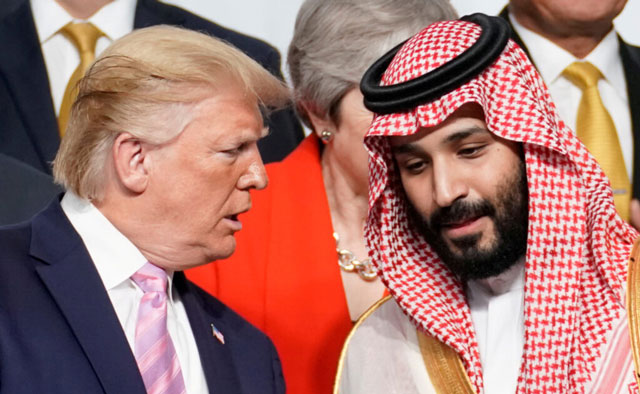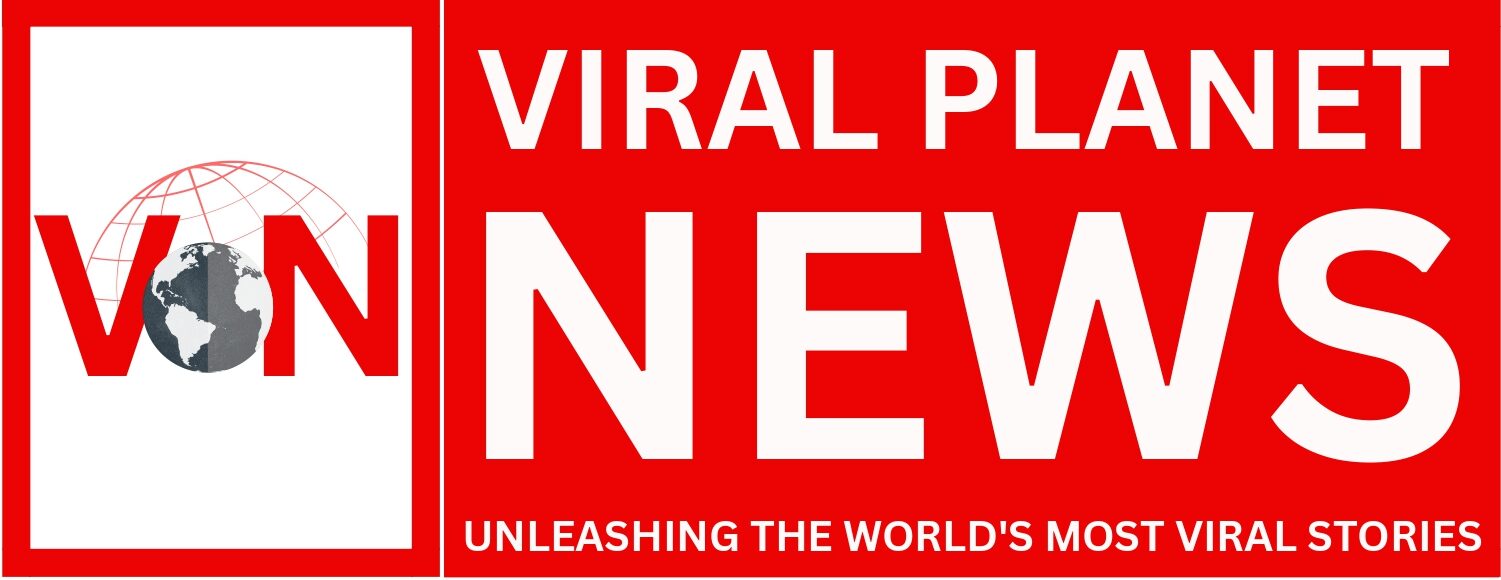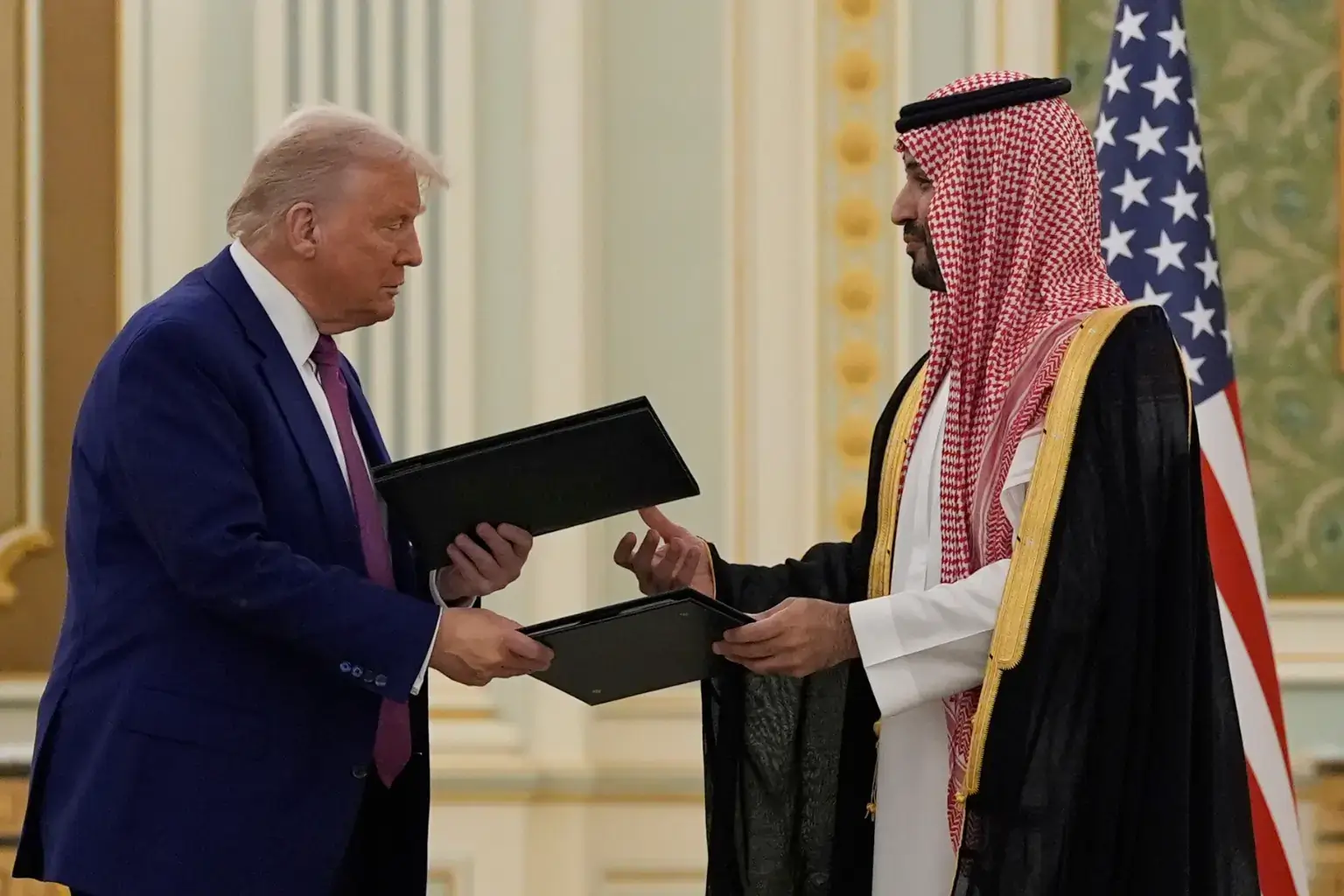By – Shubhendra Singh Rajawat
Tehran, Iran – In an unprecedented move to de-escalate tensions in the ongoing Israel-Iran conflict, Iran has reached out to its Gulf neighbors, including Qatar, Saudi Arabia, and Oman, urging them to engage former U.S. President Donald Trump in talks to press Israel into agreeing to an immediate ceasefire. Tehran is reportedly signaling its willingness to ease its stance in nuclear talks in return for the cessation of hostilities. This plea underscores the urgency Iran feels as the conflict intensifies and threatens to spiral into an even more severe confrontation.
Escalating Tensions: Calls for Diplomatic Intervention
According to multiple sources from both Iran and the Gulf region, high-level diplomatic exchanges have been ongoing over the past few days, with leaders and senior diplomats from the Gulf states in constant communication with Tehran, Washington, and other international players. The discussions aim to prevent further escalation of the conflict between Israel and Iran, which has seen increasing military clashes and hostile rhetoric in recent months.
The source of the tensions lies in a series of recent military operations between Israel and Iranian-backed groups, particularly in Syria and Lebanon, along with growing fears of Israel’s increased military pressure on Iranian assets in the region. Both Israel and Iran have traded blows in a shadow war that has already led to a number of casualties and increasing regional instability.
Iran’s proposal for a ceasefire has been framed as an opportunity to halt the immediate cycle of violence, but Tehran has indicated that such a cessation would come with conditions. The most significant of these conditions involves Iran’s nuclear program. Tehran has suggested that it could show flexibility in nuclear negotiations, potentially relaxing its position on some of the key demands it has made in the ongoing talks regarding its nuclear capabilities. However, this offer is contingent on Israel’s immediate cessation of hostilities and the cessation of Israeli military operations in Syria and Lebanon, where Iran has significant interests.

The Role of Gulf States
The Gulf states have historically been cautious in their dealings with both Iran and Israel. While some countries, like the United Arab Emirates (UAE) and Bahrain, have taken steps toward normalizing relations with Israel through the Abraham Accords, others like Qatar and Oman have maintained more neutral or even favorable stances towards Tehran. This divergence in approach has created a complicated diplomatic web, but the shared concern over escalating violence and instability in the region is bringing these nations together.
Sources close to the discussions suggest that the Gulf states have been actively trying to leverage their diplomatic influence to prevent further escalation. As part of their diplomatic efforts, these states have reportedly been in communication with former U.S. President Donald Trump, who remains an influential figure in both the Middle East and in U.S.-Israel relations. Tehran hopes that Trump, who was a key architect of Israel’s regional strategy during his presidency, could play a pivotal role in convincing Israel to accept a ceasefire.
The focus of the Gulf states’ diplomatic efforts is to prevent the conflict from expanding into a broader regional war. The risks of such an escalation have raised alarms in both Washington and European capitals, as the conflict could draw in other actors, including Hezbollah, Hamas, and potentially other regional powers like Turkey and Saudi Arabia.

Iran’s Nuclear Program and the Potential for Negotiations
Iran’s nuclear program has been a longstanding point of contention between Tehran and the West, particularly the United States and Israel. The U.S. under President Joe Biden has sought to return to the 2015 Iran nuclear deal (JCPOA), but progress has stalled due to Iran’s demand for sanctions relief and Israel’s vocal opposition to any deal that would allow Tehran to retain nuclear enrichment capabilities.
In recent weeks, Tehran has been ramping up its nuclear activities, including enriching uranium beyond the limits set in the 2015 agreement. This has led to a hardening of positions both in Washington and in Tel Aviv. Israel, which views Iran as its primary existential threat, has warned that it will not tolerate a nuclear-capable Iran.
By offering a potential easing of its stance on nuclear talks, Iran may be attempting to create leverage in the diplomatic arena while signaling a desire to avoid further military confrontation. However, it remains unclear whether Israel would be willing to entertain such a ceasefire without significant assurances regarding Iran’s nuclear ambitions.
Global Reactions and Diplomatic Challenges
The call for a ceasefire has drawn mixed reactions from international stakeholders. The United States, under President Biden, has expressed concern about the rising tensions but has been hesitant to take a more active role in mediation. The Biden administration’s focus remains on the broader issue of Iran’s nuclear program, and there is skepticism about Iran’s willingness to negotiate in good faith.
European powers, including the UK, France, and Germany, have also expressed concern about the potential for the conflict to destabilize the entire Middle East region. However, they have been largely sidelined in the current round of diplomatic negotiations, which are centered around the role of the U.S. and the Gulf states.
For Israel, the prospect of a ceasefire remains a difficult decision. While there is pressure to avoid a regional war, Israeli leaders have made it clear that they will not compromise on their national security. Any agreement to de-escalate would require concrete guarantees that Iran will not continue to expand its nuclear program or maintain its proxy forces in neighboring countries like Syria and Lebanon.

Conclusion: A Critical Moment for Regional Diplomacy
The situation remains fluid, with the potential for further escalation or a breakthrough in diplomatic talks. The next few days will be crucial in determining whether Iran’s call for a ceasefire can gain traction and lead to a de-escalation of hostilities. While Iran’s proposal to ease its nuclear stance may offer a potential avenue for negotiation, the complexities of the Israel-Iran conflict and the competing interests of regional powers make any resolution difficult.
In the coming days, the role of the Gulf states will be pivotal in influencing both Tehran and Israel to pursue a path of diplomacy rather than further military confrontation. Whether this will lead to a lasting ceasefire or merely a temporary pause in hostilities remains to be seen. The region, and the world, are watching closely as this high-stakes diplomatic drama unfolds.
This article captures the essence of the current diplomatic situation between Israel and Iran and highlights the role that the Gulf states may play in preventing further escalation.

